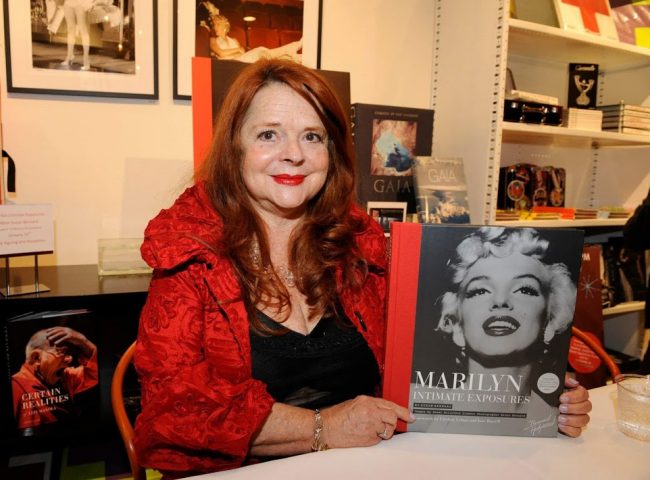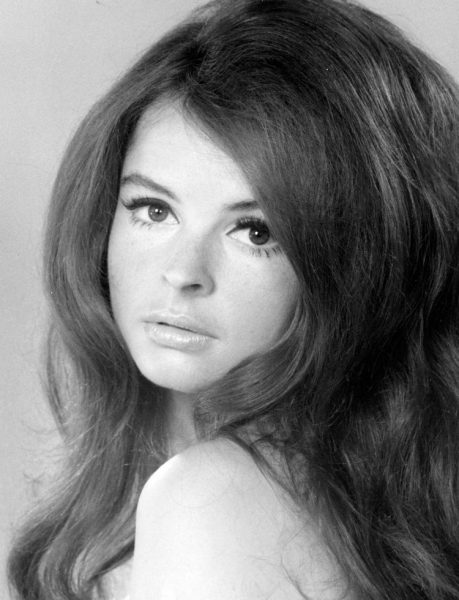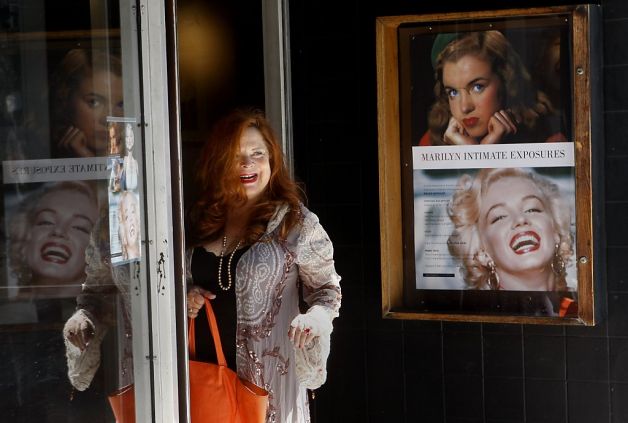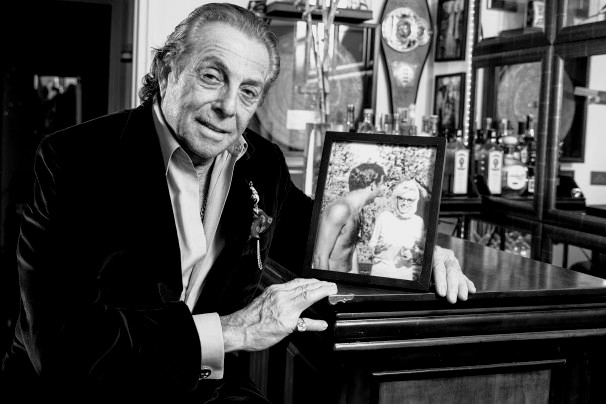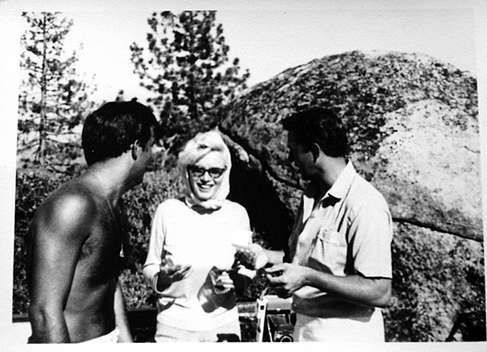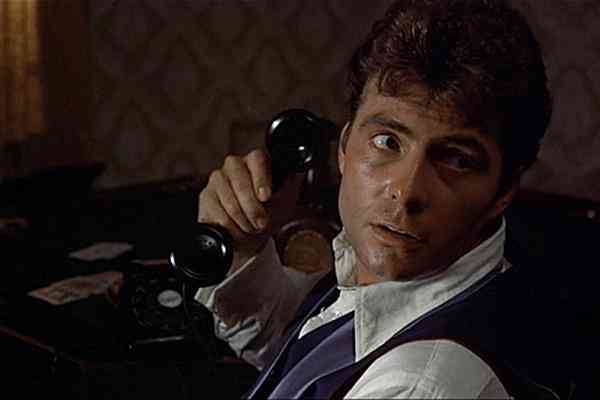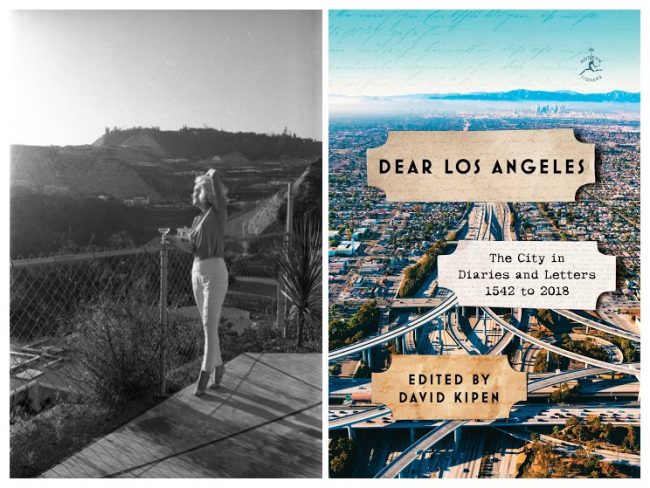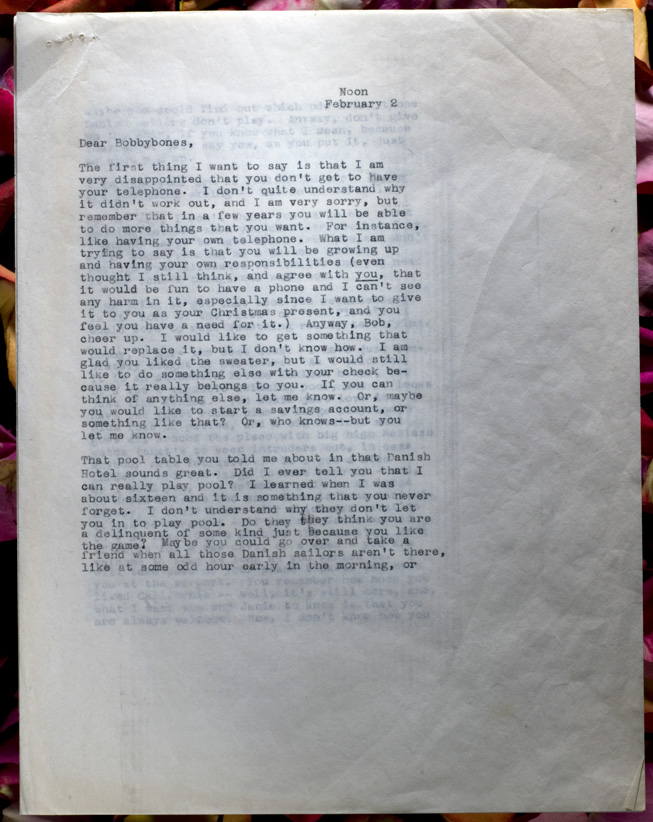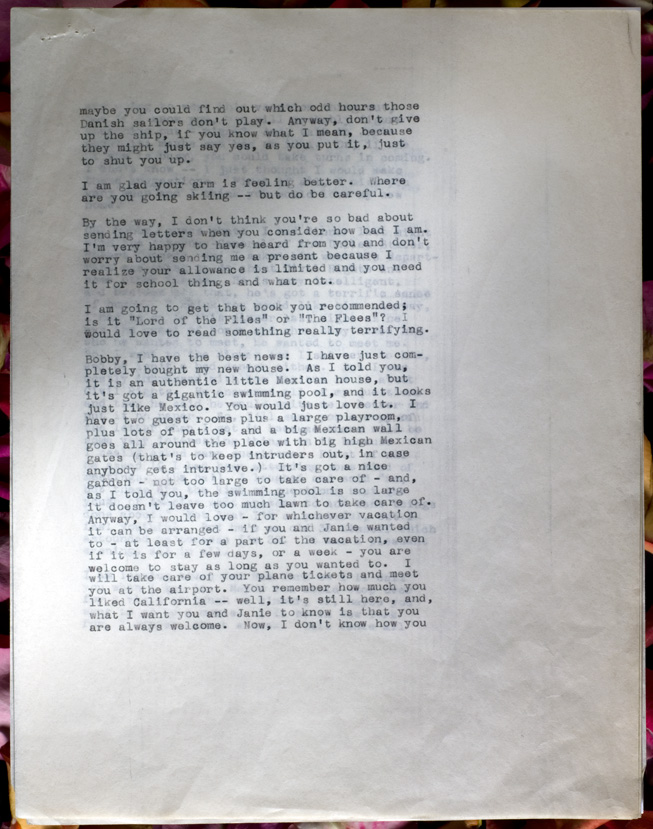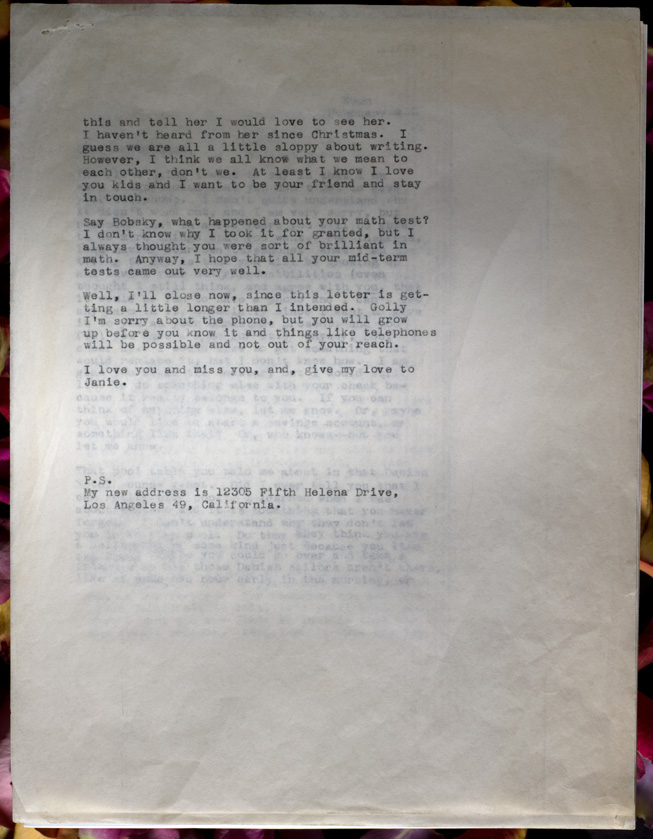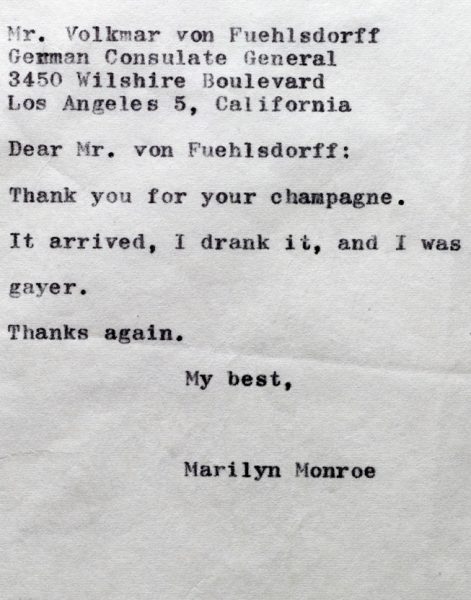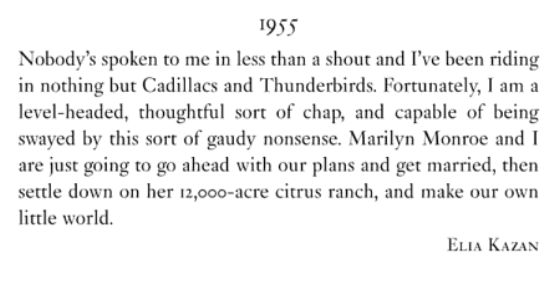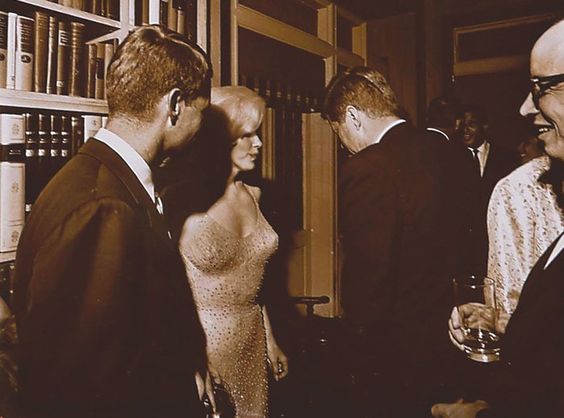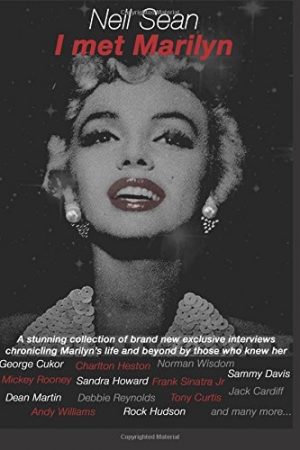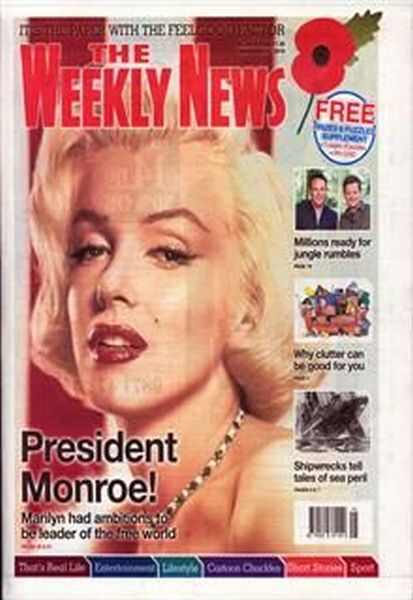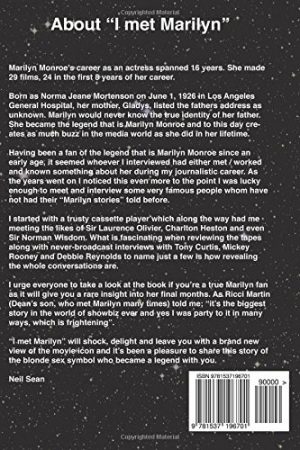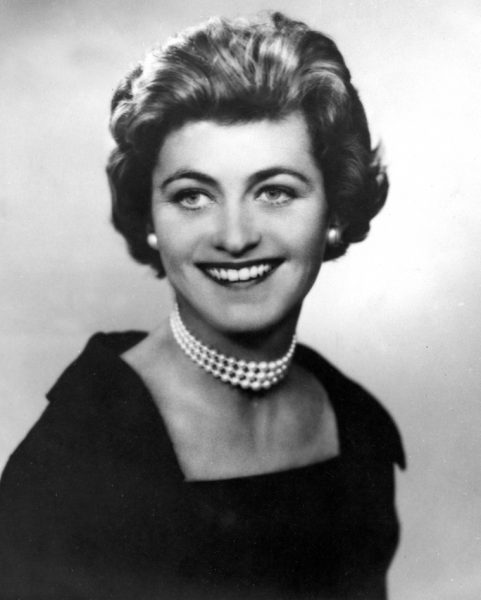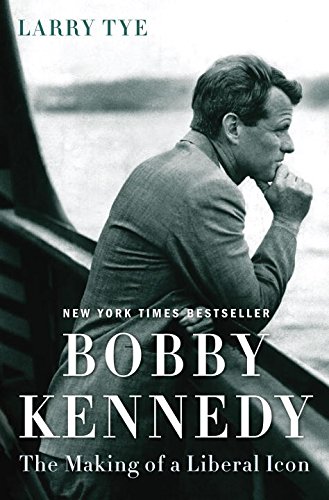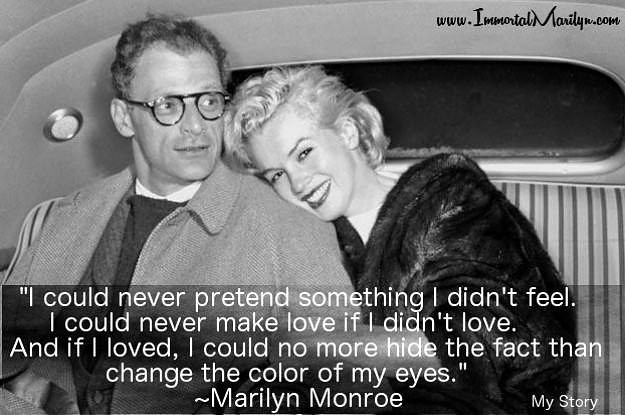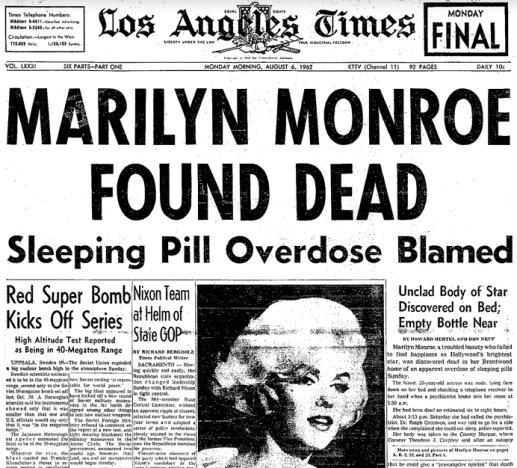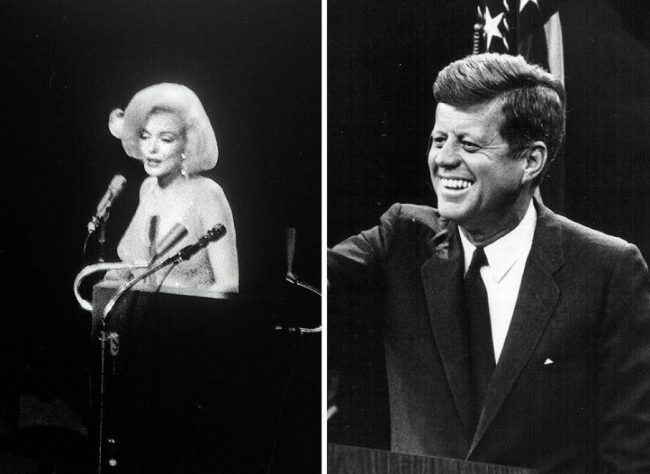
James Patterson holds the New York Times record for the most books by one author to top their list. His novels account for 6% of hardback fiction bought in the US, and he is the most-borrowed author in UK libraries. He works with numerous co-authors, most recently the former American president, Bill Clinton. Now Patterson has turned his hand to non-fiction, co-writing a biography of another political dynasty with journalist and TV producer Cynthia Fagen. An excerpt from House of Kennedy has been published in Town & Country magazine, covering the Madison Square Garden gala celebrating John F. Kennedy’s 45th birthday, when Marilyn topped a star-studded bill, singing ‘Happy Birthday Mr. President.’
In truth, there’s little here that isn’t already known (and what more can be said, really?) But I would like to point out that MC Peter Lawford’s running gag about ‘the late Marilyn Monroe’ was pre-rehearsed, and not an attempt to cover up for any tardiness on her part. It is also often noted that the First Lady did not attend the gala, but this was common practice. Regarding Jackie Kennedy, who never held any malice towards Marilyn, there are a couple of interesting quotes that are new to me at least, though the sources aren’t named here.
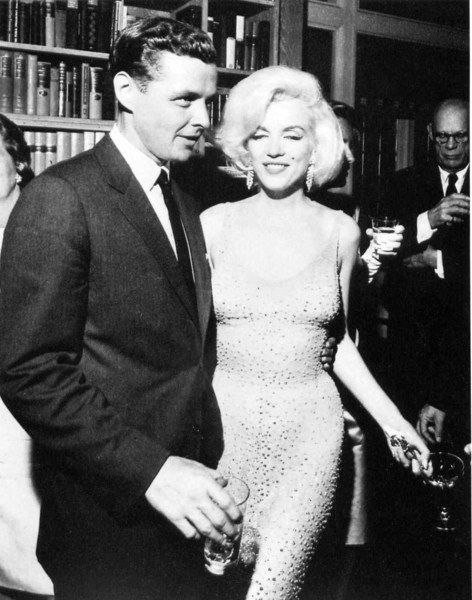
“‘It had been a noisy night, a very “rah rah rah” kind of atmosphere,’ recalls Life magazine photographer Bill Ray. ‘Then boom, on comes this spotlight. There was no sound. No sound at all. It was like we were in outer space. There was this long, long pause and finally, she comes out with this unbelievably breathy, “Happy biiiiirthday to youuuu,” and everybody just went into a swoon.’
Despite raised eyebrows, Jackie tells her sister, Lee, ‘Life’s too short to worry about Marilyn Monroe.’ Instead of attending Jack’s fundraiser, Jackie and the children are at the First Family’s Glen Ora estate outside Middleburg, Virginia, enjoying what she calls ‘a good clean life.’ As spectators, including her husband, ogle Monroe at Madison Square Garden, Jackie is winning a third-place ribbon at the Loudon Hunt Horse Show.
Jean Kennedy Smith and her husband, Stephen, are in attendance at the Madison Square Garden event as well as at Arthur Krim’s reception, where White House photographers also capture Stephen posing alongside Monroe.
The next day, Jackie is furious—not with the president, but with his brother. ‘My understanding of it is that Bobby was the one who orchestrated the whole goddamn thing,’ Jackie tells her sister-in-law over the telephone. ‘The Attorney General is the troublemaker here, Ethel. Not the President. So it’s Bobby I’m angry at, not Jack.'”
